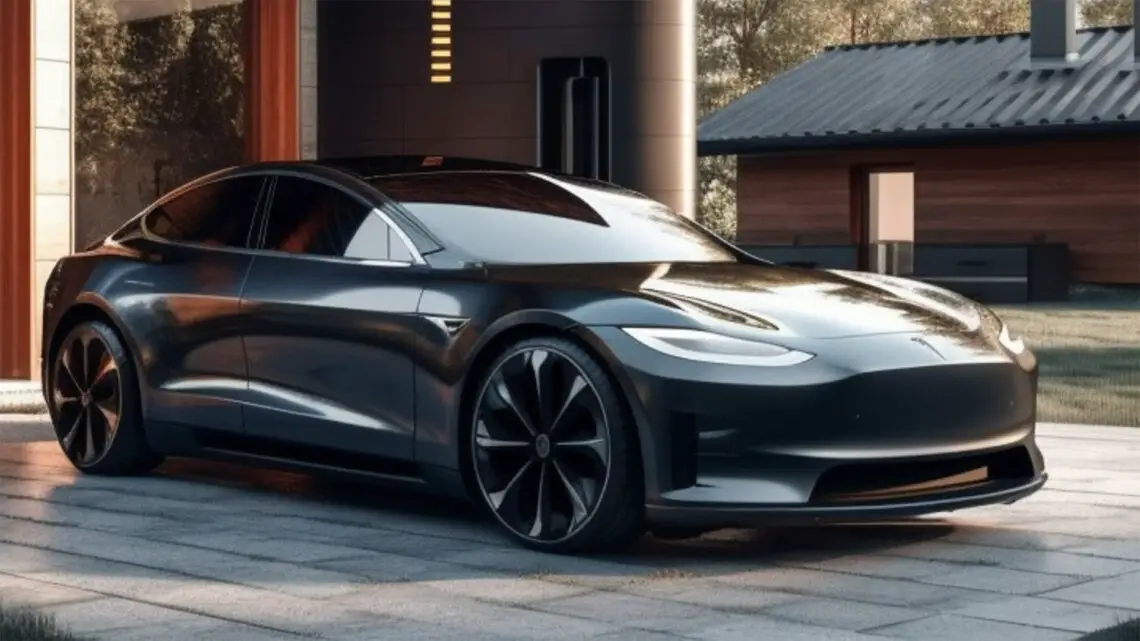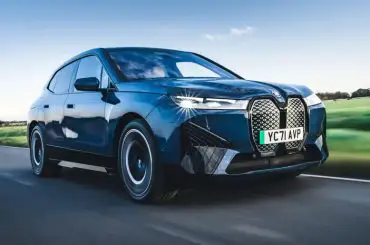Contents
The Costs of Owning an Electric Vehicle
Introduction

As the popularity of electric vehicles (EVs) continues to rise, more and more drivers are considering making the switch from traditional gasoline-powered cars. While electric vehicles offer numerous benefits, such as reduced emissions and lower long-term operating costs, it’s important to understand the various expenses associated with owning an EV. In this article, we will explore the costs of owning an electric vehicle and provide insights into what you can expect.
Purchase Price

One of the primary factors to consider when buying an electric vehicle is the purchase price. Historically, EVs have been more expensive than their gasoline counterparts due to the cost of battery technology. However, as advancements continue to be made, the price gap is gradually narrowing. It’s worth noting that government incentives and tax credits are often available for electric vehicle purchases, helping to offset the initial cost.
Charging Infrastructure
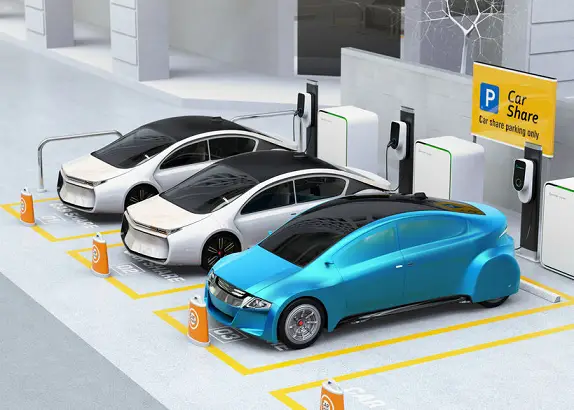
Unlike traditional gas stations, electric vehicles require charging infrastructure, which may include home charging stations and public charging networks. The cost of installing a home charging station can vary depending on factors like electrical system upgrades, installation complexity, and the charging station model itself. Additionally, if you frequently rely on public charging stations, you may encounter usage fees, which can vary depending on the charging network and location.
Electricity Costs

Electricity costs are a major consideration for EV owners. Charging an electric vehicle typically costs significantly less than refueling a gasoline car. However, the exact cost depends on various factors, such as your electricity rate, charging time, and the efficiency of your vehicle. It’s essential to consider your electricity provider’s rates and charging habits to estimate the ongoing costs accurately. Some utility companies offer discounted rates for electric vehicle charging during off-peak hours, further reducing the expenses.
Battery Degradation

Battery degradation is a concern for EV owners. Over time, the capacity of electric vehicle batteries decreases, affecting the vehicle’s driving range. However, the rate of battery degradation varies depending on factors like temperature, charging habits, and battery chemistry. Manufacturers often provide warranties that cover battery capacity for a certain number of years or miles, offering some peace of mind. It’s important to consider the potential cost of battery replacement or refurbishment after the warranty period.
Maintenance and Repairs

Electric vehicles generally have fewer moving parts compared to traditional cars, resulting in lower maintenance and repair costs. EVs eliminate the need for oil changes and have fewer components prone to wear and tear. However, EVs still require periodic maintenance, such as tire rotations, brake inspections, and cabin air filter replacements. While maintenance costs may be lower, it’s essential to budget for unexpected repairs and specialized repairs related to the electric powertrain or battery system.
Insurance Rates
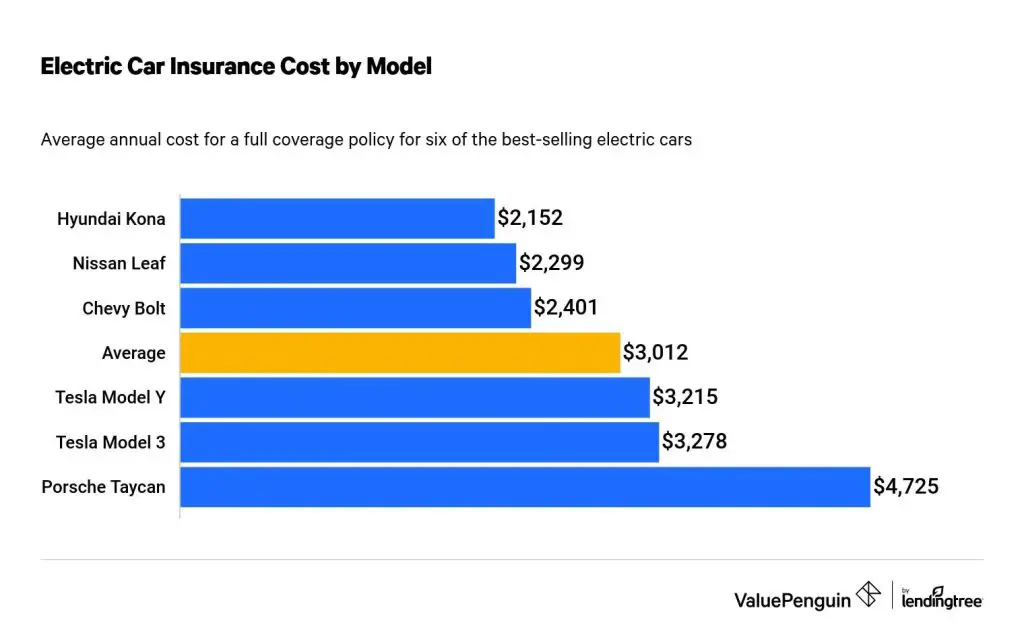
Insurance rates for electric vehicles can vary based on factors like the make and model of the vehicle, driving history, and location. In some cases, insurance premiums for EVs may be slightly higher due to the higher cost of repairs and replacement parts. However, as the electric vehicle market continues to expand, more insurance providers are offering specialized policies, which may result in more competitive rates for electric vehicle owners.
Government Incentives and Tax Credits

When considering the costs of owning an electric vehicle, it’s important to take into account the potential government incentives and tax credits available. Many governments worldwide offer financial incentives to encourage the adoption of electric vehicles. These incentives can include rebates, grants, or tax credits that help offset the purchase price of an electric vehicle. Additionally, some regions offer incentives for installing home charging stations or provide free or discounted access to public charging networks. Research the incentives available in your area to understand how they can impact the overall costs of owning an electric vehicle.
Resale Value
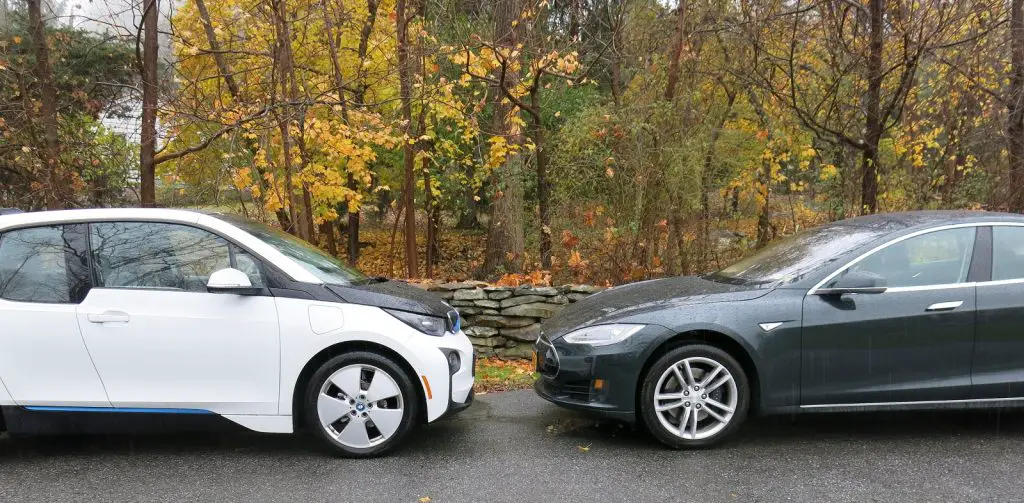
Resale value is another factor to consider when assessing the costs of owning an electric vehicle. While electric vehicles are still relatively new to the market, their resale value has shown promising trends. Battery technology advancements, increasing consumer demand, and the overall transition toward sustainable transportation contribute to the positive outlook for electric vehicle resale values. However, it’s important to note that individual factors, such as the model, age, mileage, and overall condition of the vehicle, will ultimately determine its resale value.
Depreciation
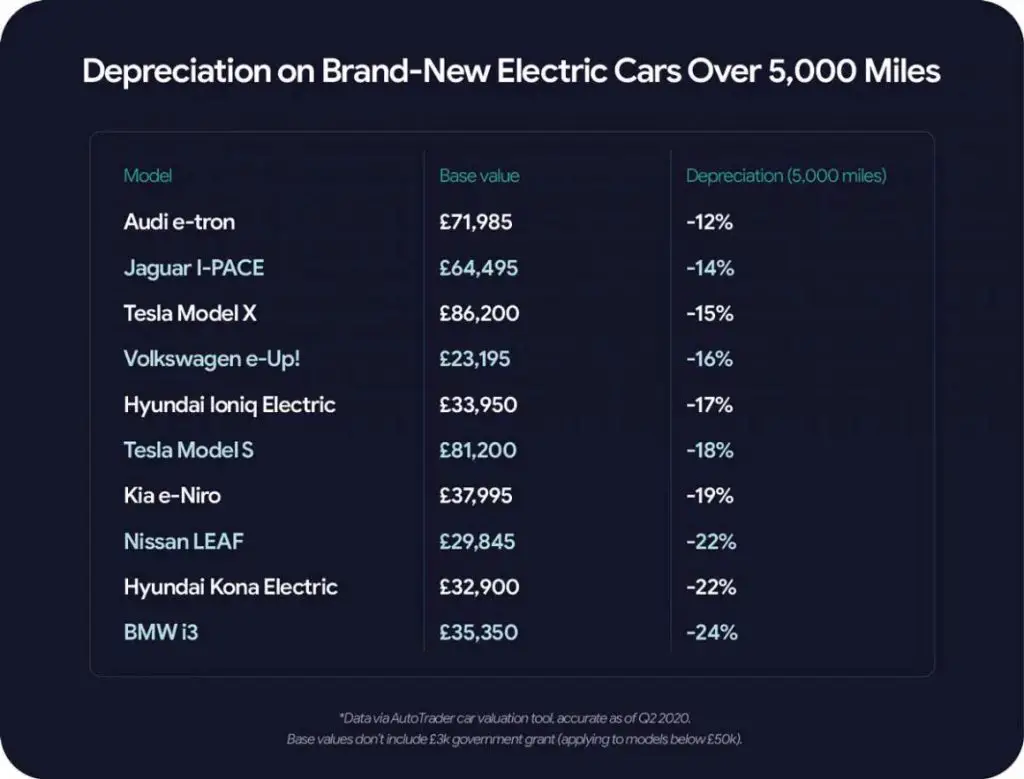
Depreciation is an inevitable aspect of owning any vehicle, and electric vehicles are no exception. However, due to various factors such as battery technology advancements, increasing production volumes, and growing consumer demand, the depreciation rates for electric vehicles have been relatively stable. Moreover, some studies suggest that electric vehicles may depreciate at a slower rate than their gasoline counterparts. Nonetheless, it’s crucial to consider the potential impact of depreciation when assessing the long-term costs of owning an electric vehicle.
Additional Accessories and Upgrades
When purchasing an electric vehicle, you may have the option to add extra accessories or upgrade certain features. While these additions can enhance your driving experience and convenience, they also come with additional costs. Common optional accessories include specialized charging cables, premium audio systems, advanced driver assistance systems (ADAS), and upgraded interior materials. Before committing to these extras, evaluate their necessity and impact on the overall costs to ensure they align with your budget and needs.
Charging Network Memberships
In addition to the charging fees discussed earlier, some public charging networks require memberships for access to their charging stations. These memberships often come with benefits such as discounted charging rates, priority access to charging stations, and additional services like smartphone apps for easy station location and payment. While these memberships may involve additional costs, they can provide convenience and peace of mind, especially for EV owners who frequently rely on public charging infrastructure.
Conclusion
Understanding the costs associated with owning an electric vehicle is crucial for making an informed decision. While there are upfront expenses, such as the purchase price and charging infrastructure installation, the long-term benefits, including reduced fuel costs, lower maintenance, and potential government incentives, can offset these initial investments. Factors such as battery degradation, insurance rates, resale value, depreciation, and additional accessories should also be considered to estimate the comprehensive costs of owning an electric vehicle. As technology advances and the electric vehicle market continues to grow, the costs are expected to become even more favorable, making electric vehicles an increasingly accessible and financially viable option for consumers seeking sustainable transportation solutions.

